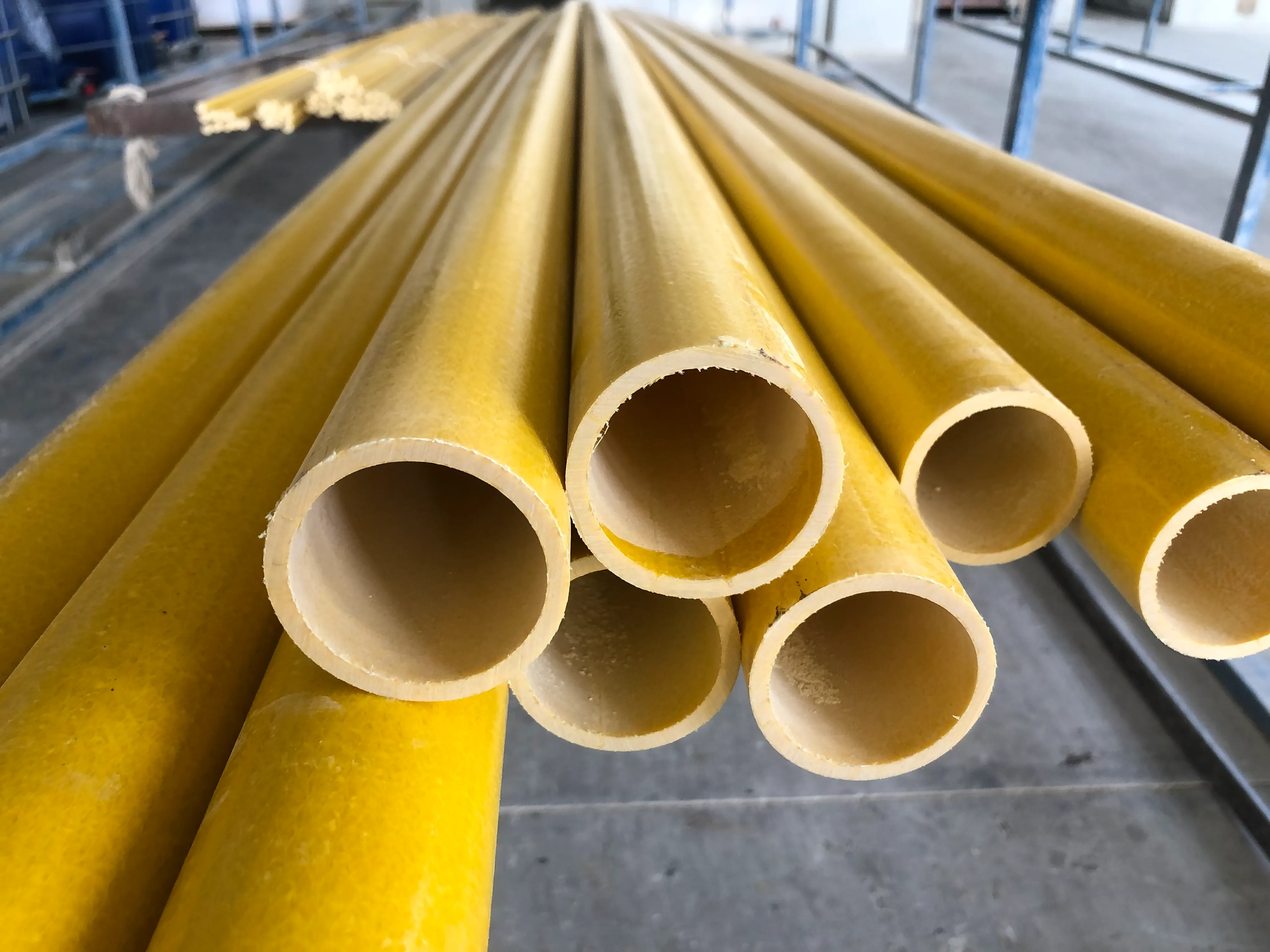loading...
- No. 9, Xingyuan South Street, Dongwaihuan Road, Zaoqiang County, Hengshui, Hebei, China
- admin@zjcomposites.com
- +86 15097380338
- Welcome to visit our website!
Exploring the Versatility of FRP Round Tubes in Modern Applications
Exploring the Versatility of FRP Round Tubes
Fiber Reinforced Polymer (FRP) round tubes have gained significant attention across various industries due to their unique properties and versatility. These composite materials, made from a polymer matrix reinforced with fibers (commonly glass, carbon, or aramid), offer a wide range of benefits that traditional materials like steel and aluminum cannot match. In this article, we will delve into the features, advantages, and applications of FRP round tubes, highlighting why they are becoming the material of choice for numerous engineering projects.
Features of FRP Round Tubes
One of the most striking characteristics of FRP round tubes is their lightweight nature. Compared to traditional materials, FRP is significantly lighter, making it easier to handle and install. This aspect is particularly beneficial in situations where reducing weight is crucial, such as in construction or aerospace applications.
Moreover, FRP round tubes exhibit impressive strength-to-weight ratios. They can withstand considerable loads while maintaining their lightweight properties, which enhances structural efficiency. Additionally, they possess excellent corrosion resistance, allowing them to perform well in harsh environments such as chemical plants, coastal regions, and even underwater applications. This resistance to environmental degradation contributes to the longevity and durability of structures built with FRP components.
Advantages of FRP Round Tubes
The advantages of FRP round tubes extend beyond their mechanical properties. One of the most significant benefits is their adaptability in manufacturing. FRP can be molded into various shapes and sizes, allowing for customization based on specific project requirements. This flexibility makes FRP round tubes suitable for a range of applications, from infrastructure to consumer goods.
Another critical advantage is the ease of maintenance. Structures built with FRP typically require less maintenance than those made of steel or other materials, reducing lifecycle costs. The reduced need for protective coatings and treatments translates into savings over time, making FRP an economical choice in the long run.
frp round tube

Moreover, FRP round tubes are non-conductive, making them ideal for electrical applications. This property is particularly advantageous in environments where conductivity poses a risk, such as substations and telecommunications.
Applications of FRP Round Tubes
The applications of FRP round tubes are vast and varied. In the construction industry, they are often used in bridge reinforcement, structural columns, and as support systems for overhead structures. Their ability to withstand environmental factors like moisture and chemicals is particularly beneficial in these applications, ensuring the integrity and safety of the structures.
In the transportation sector, FRP round tubes are increasingly used in making lightweight components for vehicles, trains, and aircraft. The reduced weight leads to improved fuel efficiency and lower emissions, aligning with modern sustainability goals.
The oil and gas industry also benefits from the use of FRP round tubes. They are employed in pipelines, risers, and offshore platforms, where corrosion resistance and weight reduction are critical factors. Their durability against harsh conditions ensures reliable and safe operation in challenging environments.
Additionally, the sports and leisure industries are embracing FRP round tubes for creating lightweight and durable equipment, from bicycle frames to sporting goods. The aesthetic versatility of FRP allows for innovative designs that appeal to consumers while maintaining performance standards.
Conclusion
In conclusion, FRP round tubes represent a groundbreaking advancement in material science, offering unmatched benefits that are transforming how structures are designed and built. Their lightweight, corrosion-resistant, and customizable nature positions them as a superior alternative to traditional materials like metal and wood. As industries continue to seek sustainable and efficient solutions, the demand for FRP round tubes is likely to grow. With ongoing advancements in composite technology, we can only anticipate a broader range of applications and further innovations in the field. FRP round tubes embody the future of engineering materials, paving the way for safer, lighter, and more efficient structures.
-
The Rise of FRP Profiles: Strong, Lightweight, and Built to LastNewsJul.14,2025
-
SMC Panel Tanks: A Modern Water Storage Solution for All EnvironmentsNewsJul.14,2025
-
GRP Grating: A Modern Solution for Safe and Durable Access SystemsNewsJul.14,2025
-
Galvanized Steel Water Tanks: Durable, Reliable, and Ready for UseNewsJul.14,2025
-
FRP Mini Mesh Grating: The Safer, Smarter Flooring SolutionNewsJul.14,2025
-
Exploring FRP Vessels: Durable Solutions for Modern Fluid HandlingNewsJul.14,2025
-
GRP Structures: The Future of Lightweight, High-Performance EngineeringNewsJun.20,2025
